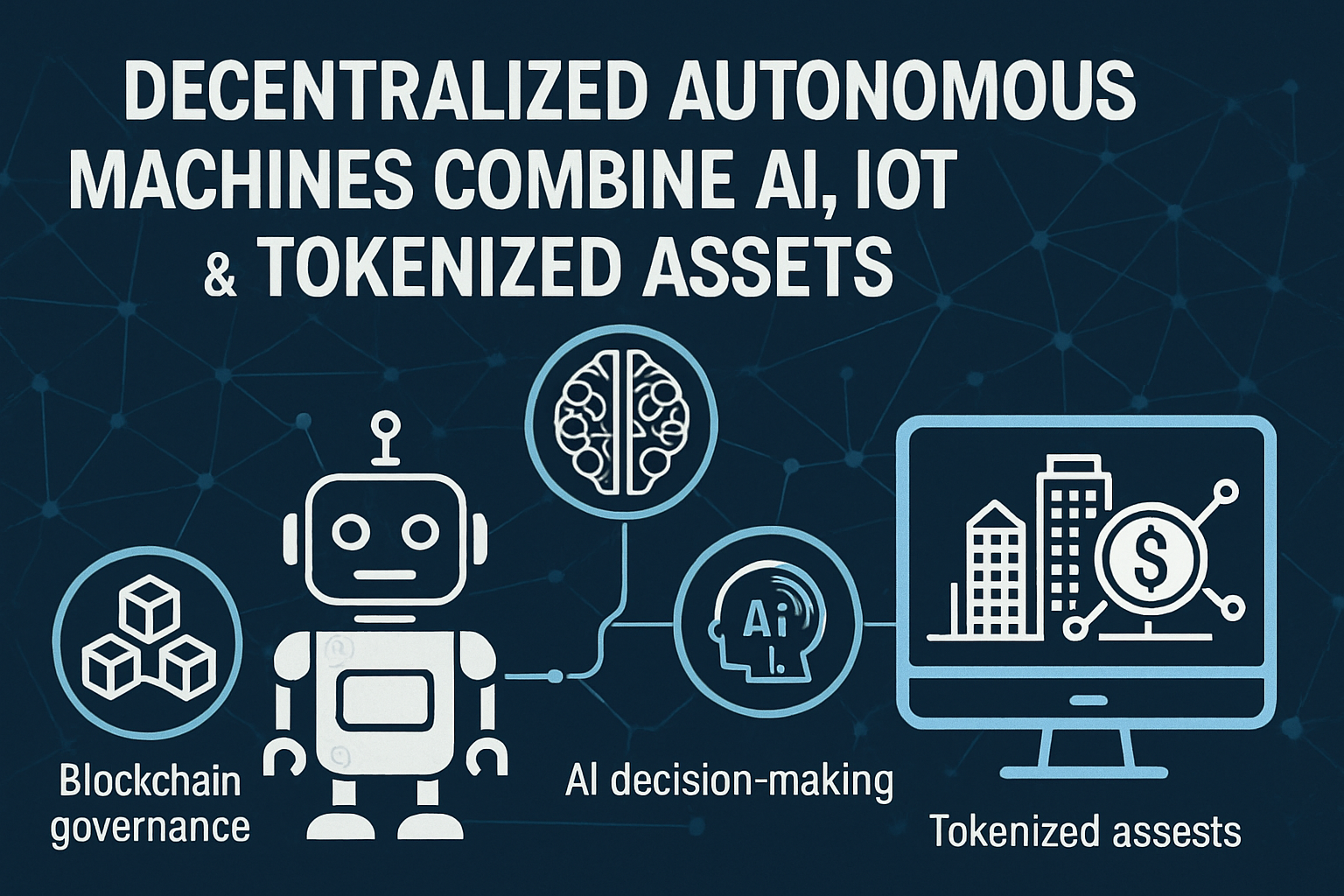The evolution of NFTs (Non-Fungible Tokens) is no longer confined to the world of digital art. These unique, blockchain-based assets are rapidly infiltrating industries like gaming and real estate, paving the way for transformative changes in how value is created, stored, and exchanged.
From Collectibles to Core Infrastructure
NFTs originally gained notoriety as digital collectibles, with million-dollar art auctions capturing media headlines. But the real power of NFTs lies in their utility—offering verifiable ownership, transparent transaction history, and scarcity, all embedded directly on-chain.
These traits are especially valuable in industries that rely heavily on proof of ownership and unique access. Gaming and real estate are two sectors now poised to harness the full power of this technology.
Gaming Gets Real with NFTs
In gaming, NFTs are reshaping the player experience. Instead of merely renting access to in-game items, players can now own, trade, and even monetize unique assets—from weapons and skins to avatars and virtual land.
Projects like Axie Infinity, The Sandbox, and Illuvium have demonstrated the appeal of player-owned economies, where NFTs serve as both in-game utility and tradable assets on secondary markets. This ownership model is not only empowering users but also laying the groundwork for a multibillion-dollar “play-to-earn” ecosystem.
Game developers benefit too, as NFT-based games often foster tighter communities, increase retention, and create continuous revenue streams through royalties on secondary sales.
Real Estate Enters the Digital Era
The real estate market, long plagued by paperwork, inefficiency, and gatekeeping, stands to gain massively from NFT integration. With NFTs, properties can be represented as digital tokens—allowing for easier transfers, fractional ownership, and global accessibility.
Imagine a future where a property deed is issued as an NFT, stored securely on the blockchain, and instantly transferable via a verified smart contract. Transactions that once took weeks could be completed in minutes. Investors could also own fractions of high-value properties, democratizing access to premium real estate previously reserved for the wealthy.
Startups like Propy and Roofstock are already exploring these applications, bringing the transparency and efficiency of blockchain to an industry ripe for disruption.
Regulatory and Technological Hurdles Remain
Despite the excitement, challenges persist. Regulatory clarity around NFTs—especially when they represent real-world assets—varies by jurisdiction. Security classifications, taxation rules, and legal enforceability must all be addressed to support mainstream adoption.
Moreover, user experience and blockchain scalability remain critical issues. For NFTs to become truly transformative, platforms must offer seamless interfaces, low transaction fees, and high throughput.
As NFTs mature, their impact on gaming and real estate will likely deepen. These industries are just early examples of how blockchain technology is moving beyond speculation and into practical, value-driven applications.
For gamers, this means true ownership of digital items. For real estate investors, it means faster, more efficient, and globally accessible transactions. And for developers and entrepreneurs, NFTs represent a toolkit for creating new economic models across industries.
The future of NFTs isn’t just about art—it’s about infrastructure, identity, and innovation.




